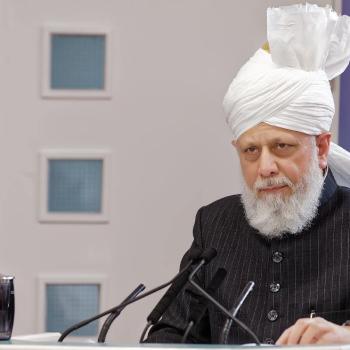by Seidu Malik
Many people have ushered in the brand new year with a New Year’s resolution to make things right in their life. One of the most common of these resolutions is to stay healthy. Although everyone’s destiny with respect to their final breath on earth is beyond ones control, there are a few precautions we can put on our basket list of New Year’s resolutions to stay healthy.
One of these is the desire not to be a statistic in the current obesity epidemic sweeping the nation. Obesity is, unfortunately, the leading cause of preventable diseases such as stroke, type 2 diabetes, hypertension, heart disease and certain types of cancers. According to the Centers for Disease Control and Prevention (CDC), about 34.9% of adult and 17% of children between the ages of 2-19 are overweight or obese. The CDC estimates that the annual medical cost of treating obesity in 2008 was around $147 billion. As if that is not scary enough, the latest statistics from the same government agency shows that obesity has become endemic in southern and mid-west United States.
These alarming figures on obesity call for a serious intervention effort to reverse the trend, which has been increasing for the past two decades. While it is true that medical interventions, regular exercise and a balanced diet with low calorie foods can help solve the obesity problem, not everyone, depending on age, social economic status, availability of open space or equipment for exercise and work schedule can take advantage of these programs. It is thus very important as a society to have an open mind to an alternative source for combating the serious obesity problem sweeping the nation.
According to the Quran (71:15) and confirmed by science, the human body is able to exist and adapt to different environmental conditions appropriately by means of balanced mechanisms within the body that help maintain a healthy equilibrium.
Food is one of the most essential necessities for living organism to maintain a healthy equilibrium in any given environmental condition. However, despite the indispensable nature of food for human survival, too little or too much eating has serious medical consequences. The Quran (7:32), categorically states, “O children of Adam! take your adornment at every time and place of worship, and eat and drink but be not immoderate; surely He does not love those who immoderate.” Similarly, we read from the sayings of the Prophet Muhammad that, “No human ever filled a vessel worse than the stomach. It is sufficient for the son of Adam to eat what will support his back. If this is not possible, then one third with food, one third with drink and one third for his breath” (Tirmidhi). Further more, the prophet is reported to have said, “Food for one is enough for two and food for two is enough for three and food for three is enough for four” (Muslim). This shows that moderate eating and drinking in line with the principle of equilibrium in science is one of the solutions for solving the current obesity crisis as deeply emphasized in the religion of Islam.
Another practical control measure for obesity enshrined in the world’s major religions but made obligatory in the religion of Islam is fasting. A strict fasting regime (no food and drink) depending on the physical and medical condition of the person is to be observed during daylight hours for 29 or 30 days in a year during the month of Ramadan. Although this may appear harsh to some, a growing number of scientific studies in animal models and in emerging human studies suggest that fasting may provide effective strategies to reduce weight, delay aging and optimize health. During fasting, one begins to appreciate the value of food and water and how much is needed for everyday physical sustenance and could help prevent excessive eating which is one of the driving forces of obesity.
As a nation, we have been blessed with abundance of quality food in different shapes and sizes. While food is very vital for our survival, we must keep in mind the “Goldilocks rule” or the “golden middle rule” in our food consumption. The cost of treating obesity, a preventable medical condition, on the affected individual and the nation is enormous. We could avoid this expensive cost and the potential chronic health conditions associated with obesity as a nation if we keep in mind healthy living principles as described by CDC and eat moderately as emphasized by the Quran to help keep our body in a healthy equilibrium.












